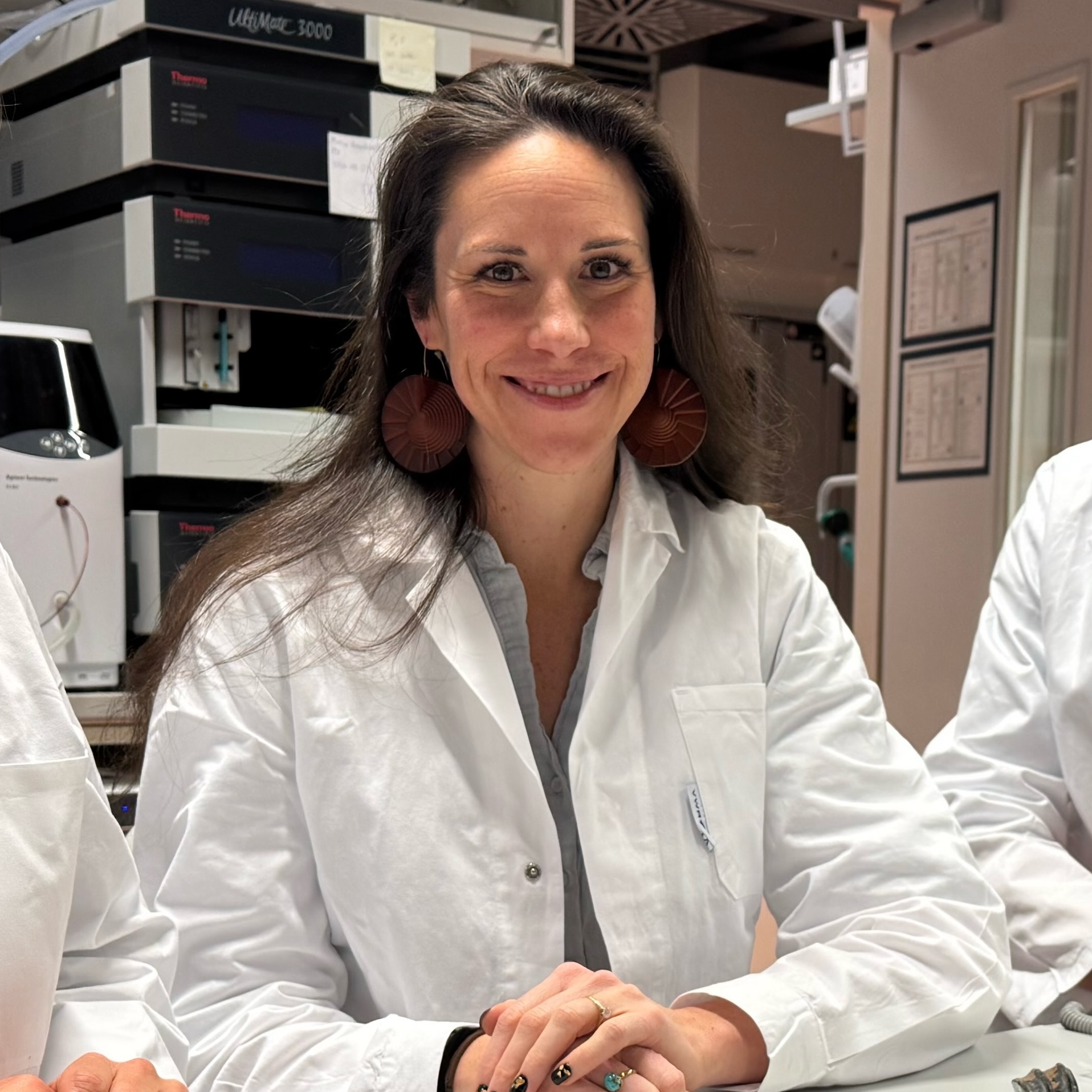Block 7: Meditation Teaching: "Contemplation in Action: The Role and Power of Meditation in Individual and Social Transformation"
Tuesday, April 4, 2017, 5:00 P.M.
Sacred Grounds Coffee House
Open to Public
The Meditation Teaching with Mac Legerton on April 4 starts at 5 pm at the Sacred Grounds Coffee House.
Block 7: Tao Liu. The Rise and Fall of Civil Society in Contemporary China: A Thirty-Year Long March.
Tuesday, April 4, 2017, 5:30 P.M.
Worner Center WES Room
Non-Governmental Organizations (NGOs) are believed to be an essential part of civil society and are considered to play a crucial role in making a democratic regime. They are supposed to empower people and encourage mass. However, certain countries, mainly in Latin America and Asia, have had significant growth of NGOs but have not yet made great progress in terms of transition towards democracy. This talk examines the brief history of NGOs in contemporary China and argues that "civil society" is not only a term of "value neutrality" but also a narrative and interpretation that shapes and mobilizes the movement of NGOs in China. Light dinner will be served. All are welcome.
A bio of the speaker:
Mr. Tao Liu is the founder and CEO of the New Austral Institute of Social Development (NAISD). The NAISD is one of the leading NGOs working to progress the knowledge and action of civil society in southern China. Especially, NAISD is focusing on linking NGO practices with anthropological research. NAISD is also running a well-recommended summer school that provides training on ethnographical research methods for junior NGO workers.
Before he came to NAISD, Mr. Tao lectured on Sociology and Social Research Methods in the Social Work Department of Beijing Normal University (Zhuhai) for four years. He holds a Ph.D. candidateship in Anthropology of Development at the University of Sussex (UK), a MA in Sociology at the University of Warwick (UK), and an LLM in Law at Beijing Normal University (China). Apart from his job at NAISD, Mr. Tao also serves as the tutor of the Duke of Edinburgh Award and columnist with Social Observe.
Mr. Tao's research interest is mainly focused on civil society in contemporary China. To explore the history of NGOs in China before and after 1949, he argues that there is a paradigm shift in the NGO industry in China. To understand this paradigm shift, one might not only explore the state-society relationship in contemporary China but also explore the structure-agency relationship within the arena of the NGO industry. Thus, while the current debate on Chinese NGOs mainly focuses on the dichotomous opposition of NGOs and government, one might shed light on the role of different stakeholders within NGOs per se.
Block 7: Pipelines and Prejudice: from Dakota Access to Atlantic Coast Pipeline - from Fossil Fuels to Renewables
Monday, April 3, 2017, 5:00 P.M.
Worner WES Room
Join Mac Legerton's talk on "Pipelines and Prejudice: from Dakota Access to Atlantic Coast Pipeline - from Fossil Fuels to Renewables."
Block 6: Girl Power: Ladies lead in the lemurs of Madagascar
Thursday, March 9, 2017, 7:30 PM
Olin Lecture Hall 1 (under Fish Bowl)
Join Professor Patricia Wright, a well-known primatologist & anthropologist's public lecture on Thursday at 7:30 pm in Olin Lecture Hall 1 (Under Fish Bowl). Wright has made major contributions to the biology, ecology, conservation, and behavior of living primates, especially the Malagasy lemurs. Power dynamics are at the core of all group living and are the foundation of politics. In decades where only chimpanzees and baboons were followed in the wild, it was believed that male dominance was "the rule" in the primate order, and this structure seemed to fit the human paradigm. However, beginning in the 1960s, Alison Jolly and Alison Richard observed that this primate "rule" was reversed on the island of Madagascar, and female lemurs took charge of decision making, while males placidly followed. In this lecture Wright will explore the dynamics of female power, using her thirty years of observing lemur behavior in the rainforest to explain how systems and politics change when females rule. She will review how growing up female in a lemur society contrasts with a male dominant society, and propose some lessons we can learn from the lemurs.
Block 6: Anna Cordova. Perpetuating Colonialism: A Critical View of the Archaeology of Indigenous Lives in North America.
Thursday, March 9, 2017, 12:15 P.M.
Barnes Science Center #407
Join this block's public lecture with Archaeologist Anna Cordova at 12:15 pm in Barnes 407 on Thursday, March 9. Anna is the Lead Archaeologist with the City of Colorado Springs. She will be giving a talk on "Perpetuating Colonialism: A Critical View of the Archaeology of Indigenous Lives in North America."
Archaeology has conventionally been viewed as a study of the past. Information about past cultures is gleaned through the excavation and analysis of artifacts, features, and human remains. However, the harsh truth about American archaeology is that its foundations are fundamentally biased and stem from a colonial mindset based on regressive imperialism. Archaeology and anthropology have impacted American Indians in deep and profound ways. Though many of these impacts have been negative, there have been more recent efforts by both indigenous people and archaeologists to push for the decolonization of archaeological thought and practice. I will discuss the history of North American archaeology, the ways in which it affects modern American Indian people, and the necessity and benefits of incorporating the knowledge and concerns of these groups in the practice of archaeology. All are welcome.
Block 5: Ethnography Panel
Thursday, February 9, 2017, 12:30 pm - 1:30 pm.
Reserved for anthropology people first.
As anthropology students and scholars, "ethnography" might be one of the words that we use the most. So what does it exactly mean in various contexts? On Thursday starting at 12:30 pm, we will have four professors from different departments join the conversation: Sarah Hautzinger (Anthropology), Christina Leza (Anthropology), Nadia Guessous (Feminist & Gender Studies), and Devaka Premawardhana (Religion). They will share a bit about their experiences, identities, epiphanies, and lessons related to fieldwork and ethnography.
Lunch will be provided.
Block 5: Shining Soul Hip Hop Group. Conversation on Solidarity in Racial Justice Activism.
Thursday, February 9, 2017, 7:00 P.M.
Loomis Lounge
Join our special event with U.S.-Mexico border activist Hip Hop group Shining Soul at 7 pm in Loomis Lounge on Thursday, Feb 9. The first night talk, called "Conversation on Solidarity in Racial Justice Activism," is open to all CC students, staff, and faculty. The next day, Friday, Feb. 10, there will be a concert taking place in Packard Performance Hall at 7 pm. CC student spoken-word artists will start the show, followed by the performance by the Hip Hop group, Shining Soul. All are welcome and dinner will be provided.
Block 5: Graduate Focus Session with Professor Sarah Hautzinger & Professor Scott Ingram
Friday, February 3, 2017, 1:30 pm - 2:30 pm
Open to CC students, faculty, and staffs
Professor Sarah Hautzinger and Assistant Professor Scott Ingram will be leading this session, sharing their experiences on graduate studies, providing suggestions on the application process, and answering any questions you may have. We would like to invite our major, minors, anthropology students, and seniors who might want to apply to graduate programs to join us.







